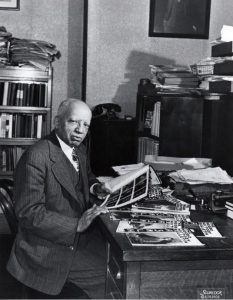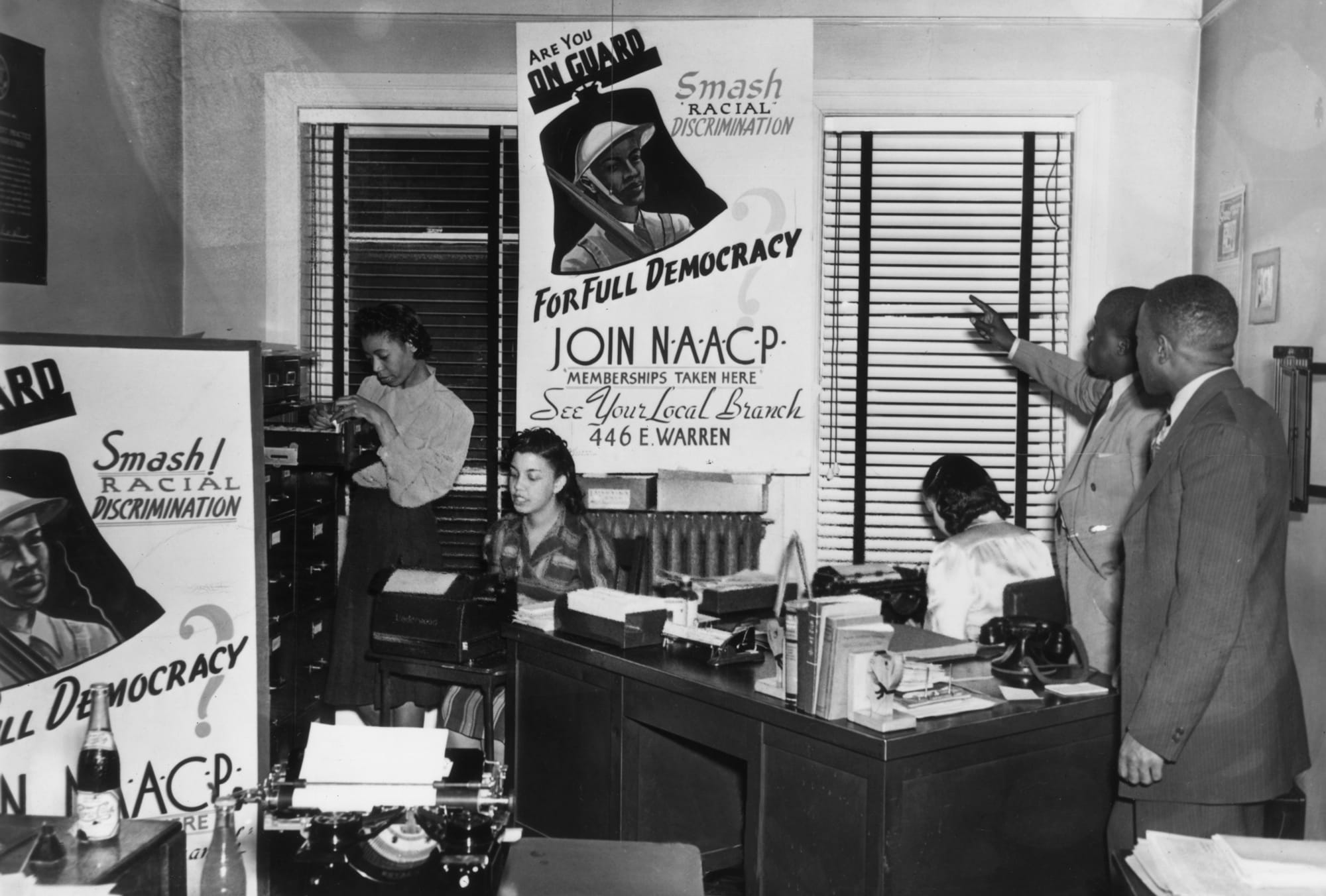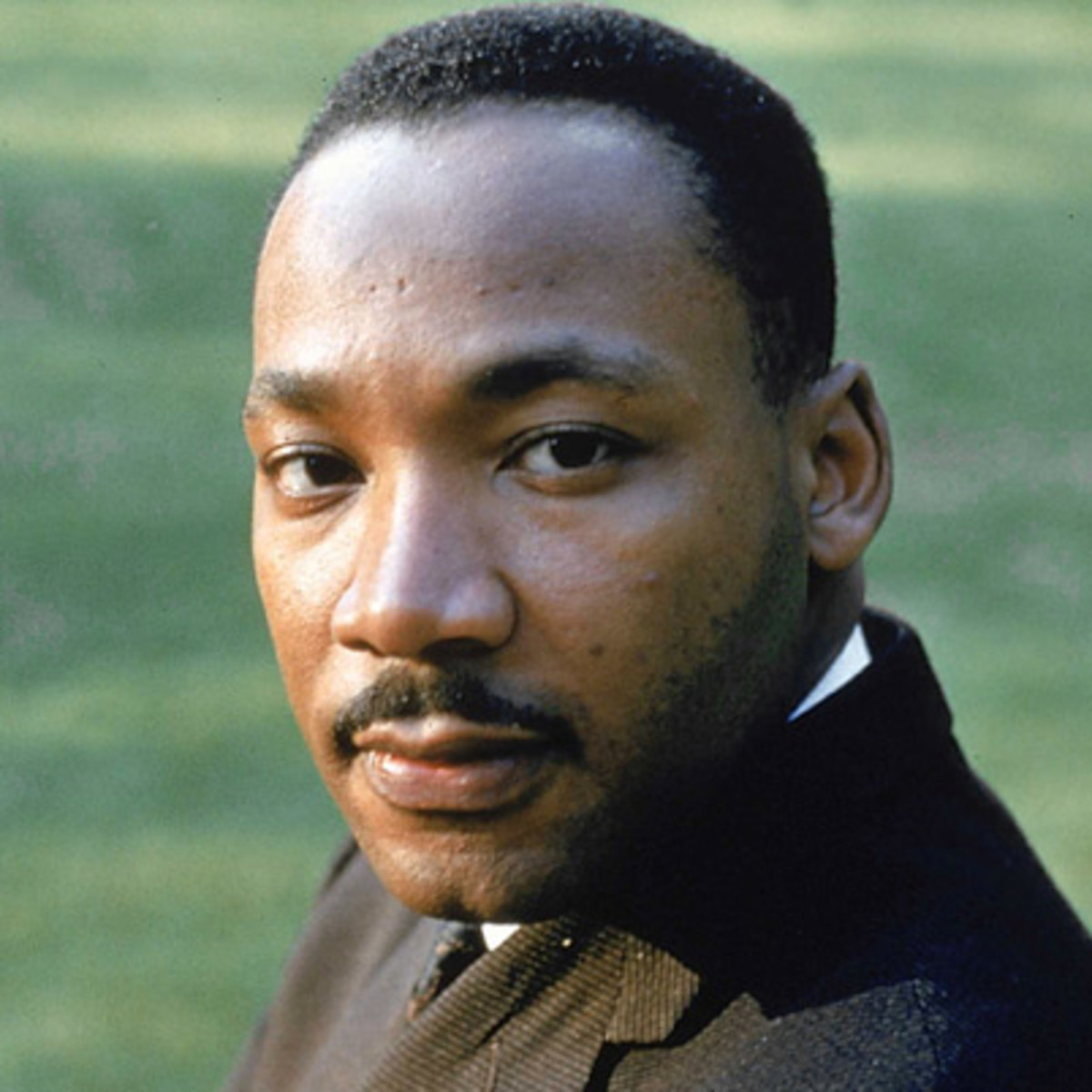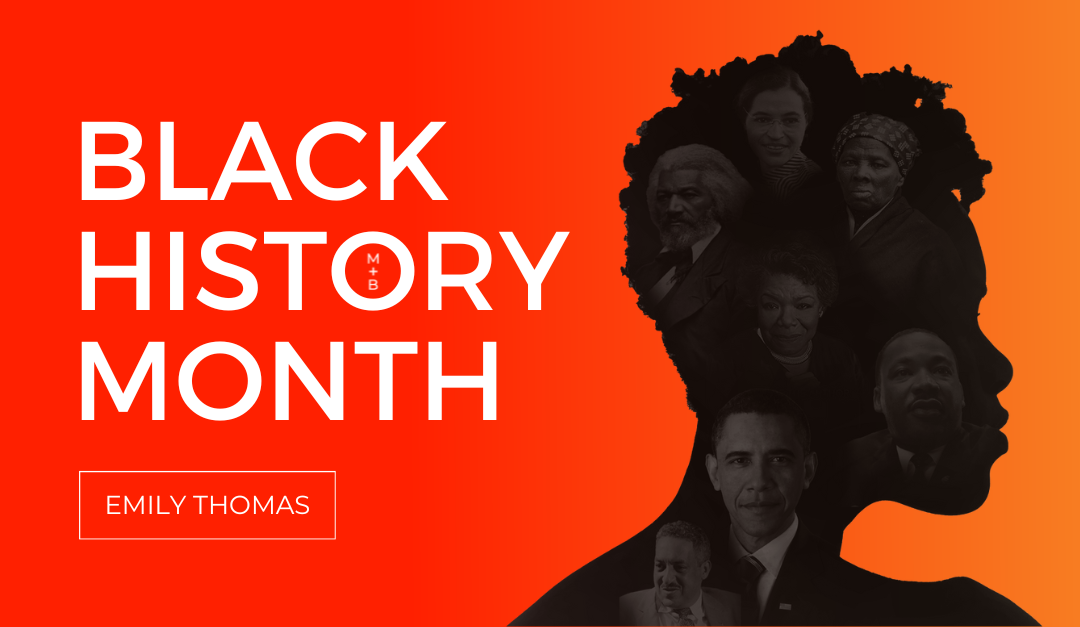My Story
Nearly three years ago, I took it upon myself to become more educated about my cultural identity and the history of diverse cultures around the world. In school, we are taught the basics of history, leaving many students with knowledge but no impact.
Throughout my research on African American history, I read stories and watched videos that exposed the many trials and tribulations that people of color faced in the past. This lit my passion to learn about historical injustices and made me more empathetic to the experiences of others. More importantly, it pushed me to feel grateful for the freedom and love I feel today.
I volunteered to conduct research about Black History Month on behalf of the DEIB committee at McDermott + Bull for myself, with the intention of better understanding historical accounts that I believe everyone should know about.
The History Behind Black History Month
In 1915, five decades after the ratification of the 13th Amendment abolished slavery across the nation, the journey which led to the creation of Black History Month began. At this time, historian Carter Woodson and minister Jesse Moorland co-founded an association dedicated to the representation of the achievements of Black Americans and individuals of African descent.
Members of The Association for the Study of African American Life and History (ASALH) organized their first Negro History Week in February of 1926 to bring public awareness and participation to the social moment for racial equality. Their work inspired celebration at institutions across America and led every U.S. President since 1976 to choose February as the official month honoring Black history.

Carter G. Woodson, CA 1940s, Scurlock Photographic Studio Records, National Museum of American History Archives. Source: Encyclopedia Virginia
This Year’s Theme: Black Resistance

From its start, the ASALH found that creating a yearly theme is an effective way to shed light on important aspects of Black existence and expose individuals to the importance of Black struggles. This year’s theme is Black Resistance, highlighting the efforts and significant achievements African Americans have made to generate lives of equality.
Black Resistance refers to African Americans’ historical and ongoing fight to withstand forms of oppression. This particularly includes the terrorizing acts of lynching, racially-motivated massacring, and murdering which have been enacted by laymen, protectors, and first responders alike.
According to the ASALH, “Black people have sought ways to nurture and protect Black lives, and for autonomy of their physical and intellectual bodies through armed resistance, voluntary emigration, nonviolence, education, literature, sports, media, and legislation/politics. [Black-led] institutions and affiliations have lobbied, litigated, legislated, protested, and achieved success.”
The Importance of Black History and Racial Representation
Carter Woodson passed away in 1950, but the ASALH continues to drive the Black history engagement of people globally – not just during February, but every day. Their fight for representation continues because exposure to our nation’s past, as well as the irreparable encounters of African Americans, remind us of how far we have come and how far we still have to go.
African American narratives should be completely incorporated into educational systems because it is vital to “build on the study of [B]lack history and get people to understand the important roles of [Black individuals] in the larger narrative of the United States.” No matter how much growth has occurred or how our nation continues to evolve, we will always have a dark past marked by slavery and a Jim Crow society. We must pause and show gratitude for the meaning of freedom and those who sacrificed their time or lives to fight for the American dream.

NAACP: Spurred by growing racial violence in the early 20th century, and particularly by 1908 race riots in Springfield, Illinois, a group of African American leaders joined together to form a new permanent civil rights organization, the National Association for the Advancement of Colored People (NAACP).
Ways to Celebrate Black History Month
Commit to Advocacy
One way to make a meaningful impact this Black History Month is to commit to advocacy. Be a voice for causes that support the racial equality, justice, and freedom of Black individuals – both nationally and globally.
Support Black-Owned Businesses
Support Black-owned businesses, donate to nonprofits that assist African Americans, or make time to volunteer at Black-led nonprofit organizations.
Educate Yourself
Educate yourself by reading books, listening to podcasts, or consuming other media created by Black individuals willing to share their experiences or the stories of their ancestors. Two of the books I recommend are Black History In Its Own Words by Ron Wimberly and The New Jim Crow: Mass Incarceration in the Age of Colorblindness by Michelle Alexander.
Showcase Genuine Curiosity
You can also showcase genuine curiosity and ask questions to individuals with firsthand knowledge about the Black experience.
A Thought to Leave You With
As Martin Luther King Jr. said: “If you can’t fly, then run. If you can’t run, then walk. If you can’t walk, then crawl. But, whatever you do, you have to keep moving forward.”
Sometimes we have incredible days and other times we want to give up. I am in the process of rewiring my brain to not “give up” but, instead, see hard days as opportunities for growth. For example, there are always actions I take on a bad day that could encourage somebody else: I showed up to work, ate breakfast, texted a friend back, and attended my workout class.
Even completing one simple task is an act of moving forward. If life is not allowing you to fly on a bad day, just remember you can always crawl and save flying for tomorrow. It is okay to slow down.

Martin Luther King Jr. was an American Baptist minister and activist, one of the most prominent leaders in the civil rights movement from 1955 until his assassination in 1968.
About the Author
Emily Thomas
Executive Recruiter
Emily Thomas serves as an Executive Recruiter who specializes in Manufacturing + Distribution, Industrial, Sustainability, and ESG. She has a personalized approach to finding game-changing VP to C-level executive talent.
Coming from an extensive background in sales, Emily uses a consultative approach to find a unique solution to her client’s challenges. It is her goal to use grace and gratitude to create an incredible experience for both her client and candidates in a search. Emily supports the initial sourcing strategy and outreach to target the most qualified leader for our client’s needs.
Emily graduated from Grand Canyon University with a bachelor’s degree in communication and a minor in business management in 2017.


